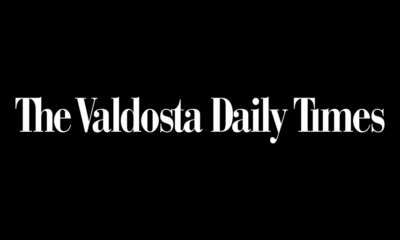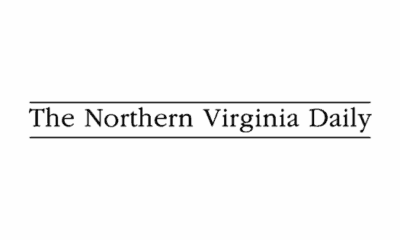Education
Homeschooling Surges as Parents Seek Tailored Education Options

The number of parents choosing to homeschool their children is on the rise, with seventeen states reporting increases in homeschooling for the 2024-25 academic year. This trend has emerged alongside a growing interest in school voucher programs and a decline in public school enrollment, reflecting a shift in educational preferences across the United States.
Data from the Johns Hopkins Homeschool Research Lab indicates that homeschooling has gained traction in states like Virginia, where over 56,000 students were homeschooled last year, up from 53,680 the previous year. Other states with significant homeschooling populations include North Carolina with 165,243 students and Georgia with 89,510 students currently being homeschooled.
The rise in homeschooling is not solely a consequence of the pandemic; instead, it reflects changing attitudes towards education. Angela Watson, creator of the research lab and senior research fellow at the Johns Hopkins Institute for Education Policy, noted that individuals opting for homeschooling tend to be younger than their peers who choose traditional public or private schools. This younger demographic may view homeschooling differently, with less stigma attached to this educational route.
The pandemic initially drove many families to homeschooling due to dissatisfaction with remote learning options offered by public schools. This shift prompted numerous parents to take their children’s education into their own hands. Yet, Watson emphasizes that the current growth cannot be attributed directly to pandemic experiences.
As educational choices expand, more parents are exploring alternatives to traditional schooling. Watson stated, “A variety of people are exiting traditional settings for reasons that are diverse, but all fit around their needs not being met in these one-size-fits-all schooling environments.” She predicts that as options proliferate, parents will increasingly select educational pathways that align with their individual needs.
The U.S. education landscape is changing significantly. Since taking office, former President Donald Trump signed several executive orders aimed at reshaping public education, including initiatives to expand school voucher programs. These programs enable families to redirect federal funds to schools of their choice, whether private or homeschooling.
Despite the increasing popularity of homeschooling, public school enrollment continues to decline. This trend has led some public schools to adapt in response to the growing number of homeschoolers. For instance, Mesa Public Schools in Arizona has introduced a program allowing homeschool students to enroll in classes part-time, allowing the schools to receive voucher funding while accommodating parents seeking flexibility.
As educational options diversify, families are increasingly likely to combine various educational methods, creating a customized learning experience. Watson highlights this trend, noting that families might “cobble together an education out of all of these different options,” which could include microschooling or part-time public school attendance.
The evolving educational landscape reflects broader societal shifts in how parents view their children’s learning environments. As homeschooling gains momentum, it underscores a collective desire for tailored educational experiences that meet the unique needs of individual students.
-

 Technology5 months ago
Technology5 months agoDiscover the Top 10 Calorie Counting Apps of 2025
-

 Health3 months ago
Health3 months agoBella Hadid Shares Health Update After Treatment for Lyme Disease
-

 Technology1 week ago
Technology1 week agoOpenAI to Implement Age Verification for ChatGPT by December 2025
-

 Health3 months ago
Health3 months agoErin Bates Shares Recovery Update Following Sepsis Complications
-

 Technology4 months ago
Technology4 months agoDiscover How to Reverse Image Search Using ChatGPT Effortlessly
-

 Health3 months ago
Health3 months agoAnalysts Project Stronger Growth for Apple’s iPhone 17 Lineup
-

 Technology3 months ago
Technology3 months agoElectric Moto Influencer Surronster Arrested in Tijuana
-

 Technology1 month ago
Technology1 month agoDiscover 2025’s Top GPUs for Exceptional 4K Gaming Performance
-

 Technology5 months ago
Technology5 months agoMeta Initiates $60B AI Data Center Expansion, Starting in Ohio
-

 Technology5 months ago
Technology5 months agoRecovering a Suspended TikTok Account: A Step-by-Step Guide
-

 Health5 months ago
Health5 months agoTested: Rab Firewall Mountain Jacket Survives Harsh Conditions
-

 Lifestyle5 months ago
Lifestyle5 months agoBelton Family Reunites After Daughter Survives Hill Country Floods





















